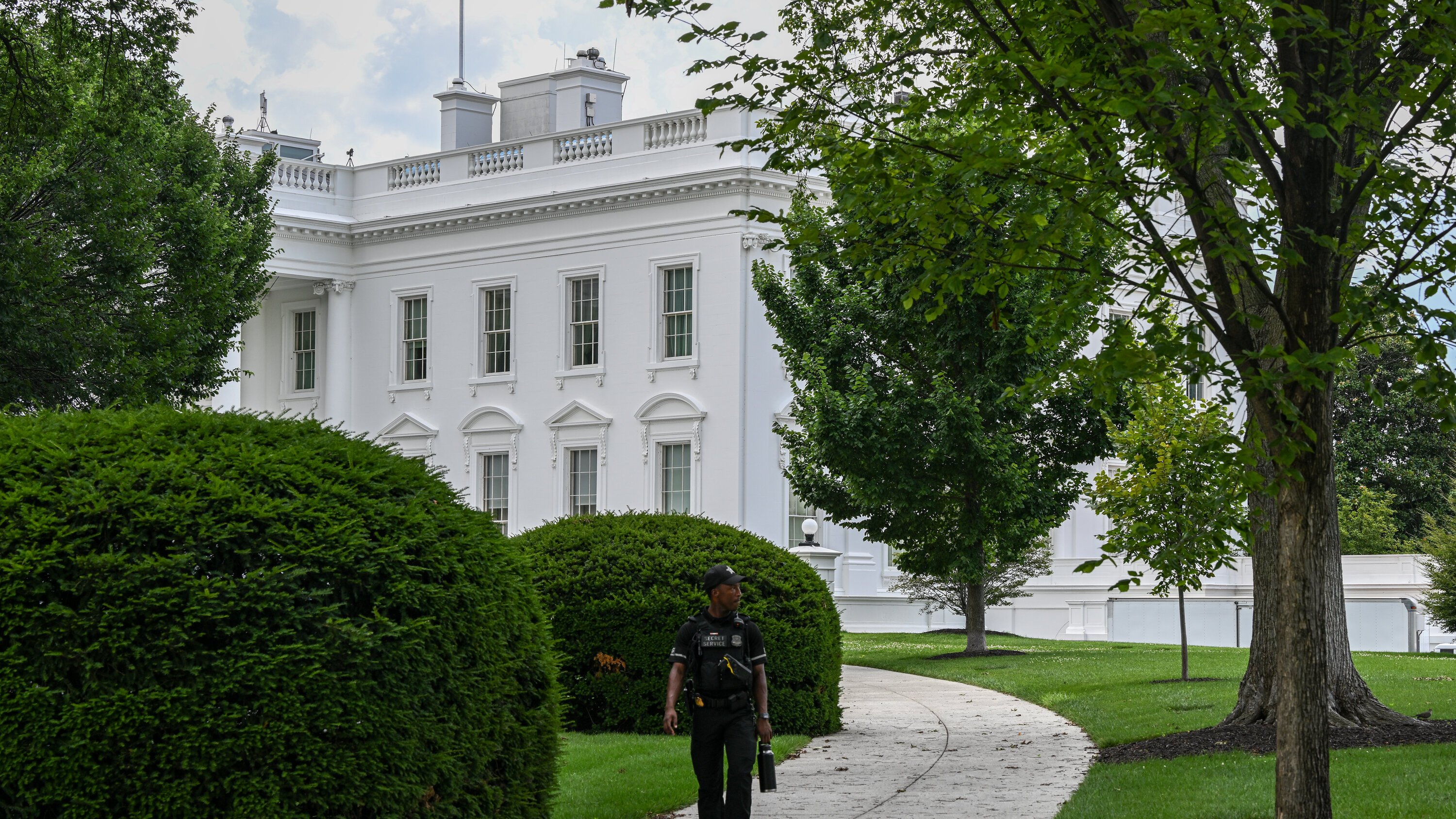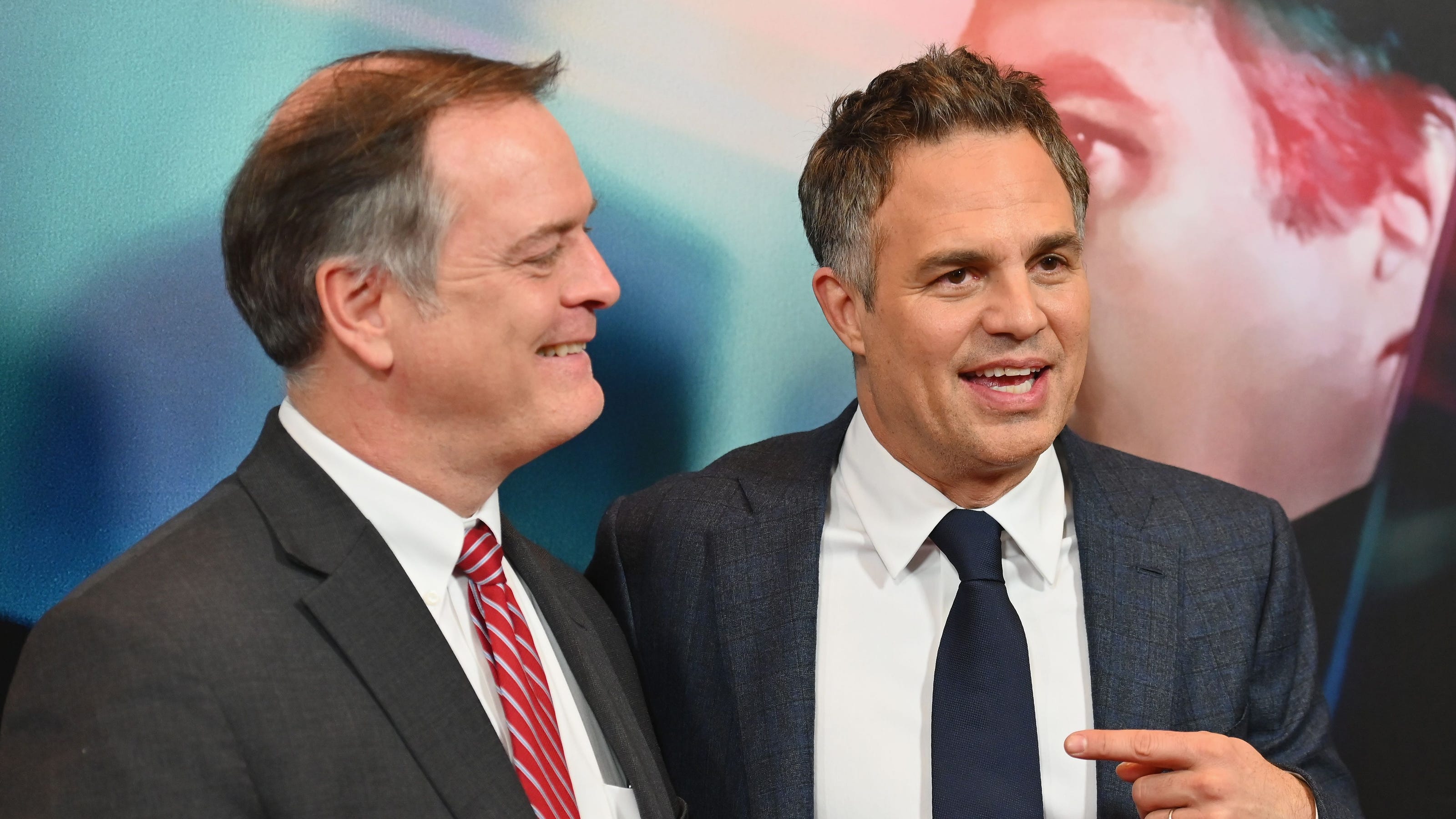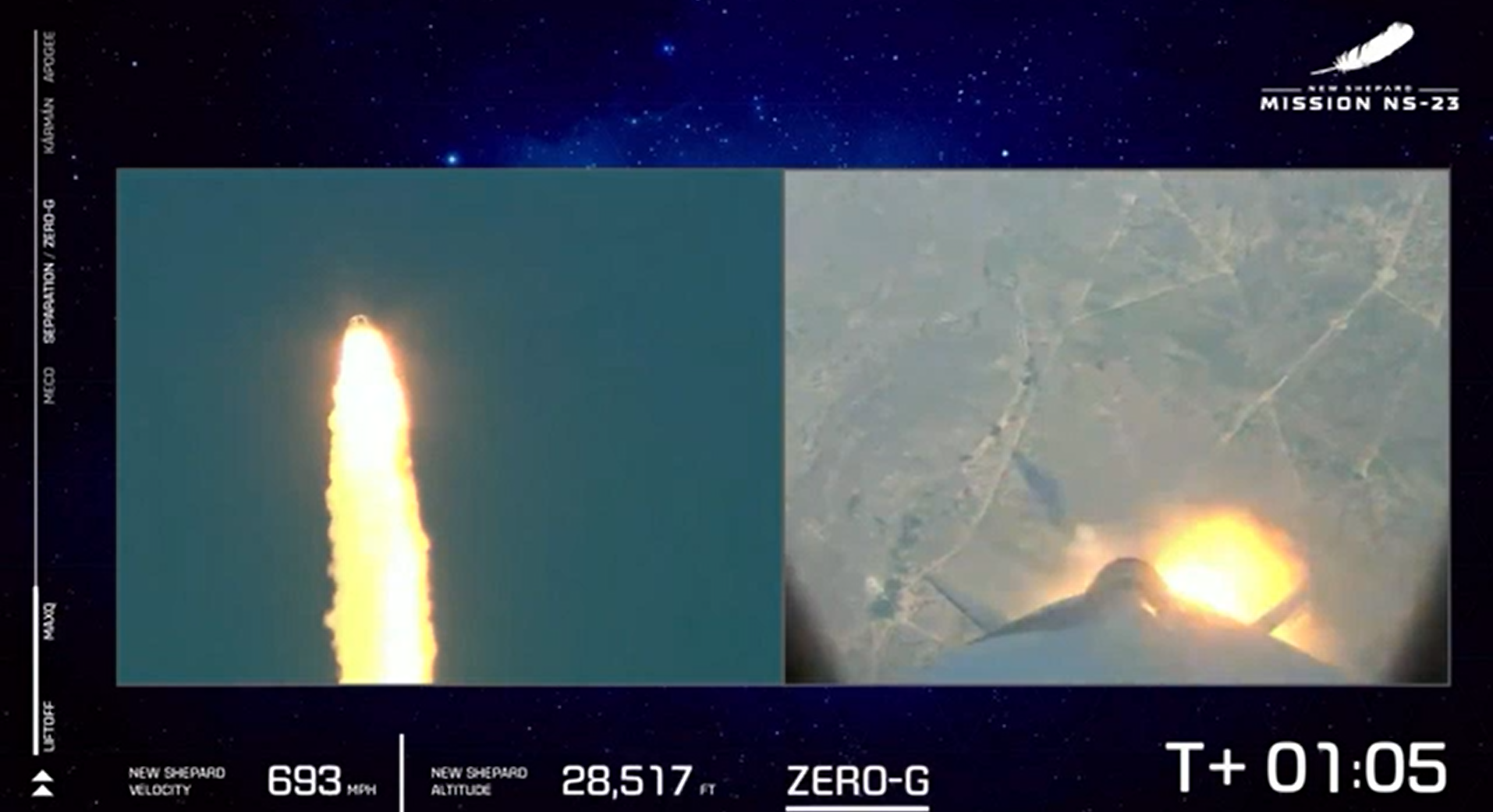Secret Service Closes Investigation Into White House Cocaine Incident

Table of Contents
Key Findings of the Secret Service Investigation
The Secret Service's official report on the White House cocaine incident concluded without identifying the individual responsible for bringing the substance into the complex. This lack of definitive answers has drawn criticism and fueled concerns about security lapses. Key findings emphasized the challenges investigators faced in tracing the cocaine's origin and pinpointing the culprit.
-
The Secret Service's Official Statement: The official statement released by the Secret Service acknowledged the difficulties in identifying the individual responsible, citing the high volume of visitors to the White House and the lack of readily available surveillance footage directly implicating a specific person. The investigation involved reviewing visitor logs, security camera footage, and interviewing numerous individuals who had access to the area where the cocaine was found.
-
Identified Security Lapses (or Lack Thereof): While the investigation did not explicitly identify major systemic security flaws, the incident highlighted the inherent challenges of ensuring absolute security within a high-traffic environment like the White House. The report may have included recommendations for enhancing existing security protocols, possibly refining visitor screening procedures or improving surveillance systems, though the specifics may not have been publicly released.
-
Challenges in Identifying the Individual: The inability to identify the person responsible stemmed from several factors, including the lack of clear forensic evidence linking the cocaine to a specific individual and the large number of people with access to the area where it was discovered. The investigation likely faced logistical hurdles in obtaining and analyzing sufficient evidence within a complex and sensitive environment.
-
Inability to Determine the Source of the Cocaine: The Secret Service was unable to determine the origin of the cocaine, further hindering their ability to identify the responsible party. This lack of information leaves open the possibility that the cocaine could have been present for an extended period before its discovery, raising further questions about the effectiveness of existing security measures.
-
Recommendations for Improved Security Protocols: While the full details of recommendations may remain confidential for security reasons, it is likely the investigation spurred discussions about improvements to existing security protocols, potentially including enhancements to visitor screening, drug detection methods, and the overall monitoring of high-security areas within the White House complex.
Reactions and Political Fallout from the Cocaine Discovery
The discovery of cocaine at the White House ignited a firestorm of reactions and political debate, generating widespread media coverage and impacting public perception of White House security.
-
Political Response: The incident drew sharp reactions from across the political spectrum, with Republicans criticizing the Biden administration's handling of the situation and Democrats emphasizing the need for a thorough investigation and improved security measures. The differing viewpoints highlighted existing partisan divisions and fueled political discourse.
-
Media Coverage and Public Opinion: The media extensively covered the incident, generating significant public discussion and impacting public trust in the White House's security capabilities. Public opinion polls revealed a range of views, reflecting concerns about security breaches and the potential implications for national security.
-
Calls for Increased Security Measures: The incident prompted renewed calls for enhanced security protocols, including improved visitor screening procedures, more stringent drug detection measures, and potentially increased personnel dedicated to White House security. Discussions regarding advanced technology for detection were also prominent.
-
Impact on the Biden Administration's Reputation: The incident negatively impacted the Biden administration's reputation, raising questions about its ability to maintain a secure environment at the highest levels of government. The administration faced pressure to address public concerns and demonstrate its commitment to improving security protocols.
-
National Security Implications: While the incident itself may not represent a direct national security threat, it raised broader concerns about the potential for security breaches to compromise sensitive information or facilitate other harmful activities. The event emphasized the importance of robust security measures to prevent similar incidents.
Ongoing Debate and Future Security Implications
The White House cocaine incident has sparked an ongoing debate about the adequacy of current security measures and the need for improvements.
-
Debate Surrounding White House Security Measures: The incident reignited the ongoing debate about the balance between maintaining public access to the White House and ensuring rigorous security. The discussion involved evaluating existing protocols and exploring the possibility of implementing more stringent measures without unduly hindering public access.
-
Proposed Improvements to Visitor Screening: Several proposals for improving visitor screening procedures emerged after the incident, including enhanced background checks, more comprehensive security checks at entry points, and the potential use of advanced technologies for detecting contraband.
-
Advancements in Drug Detection Technology: The incident highlighted the need for advanced drug detection technologies to enhance security measures. Discussions involved exploring various technologies, such as advanced scanners and detection dogs, to potentially improve the effectiveness of screening.
-
Balancing Enhanced Security and Public Access: A key challenge lies in balancing enhanced security measures with the need to maintain public access to the White House. The discussion involves finding innovative solutions to improve security without making it overly difficult for visitors to experience the historical site.
-
Long-Term Effects on White House Security Practices: The incident will likely lead to long-term changes in White House security practices, prompting the adoption of more stringent protocols, improved training for security personnel, and potentially greater investment in advanced security technologies.
Conclusion
The Secret Service's closure of its investigation into the White House cocaine incident leaves many unanswered questions, highlighting significant concerns about security at the highest levels of government. While the investigation concluded without identifying the responsible individual, the incident has prompted calls for a comprehensive review and upgrade of security protocols, including enhanced screening procedures and improved drug detection technologies. The incident serves as a stark reminder of the importance of maintaining robust security measures at the White House.
Call to Action: Stay informed about developments related to the White House cocaine incident and the ongoing debate surrounding White House security. Follow reputable news sources for updates on this important story and learn more about the ongoing efforts to enhance presidential security measures and prevent future incidents involving the presence of illicit substances at the White House.

Featured Posts
-
 The China Market Navigating The Complexities For Automakers Like Bmw And Porsche
Apr 24, 2025
The China Market Navigating The Complexities For Automakers Like Bmw And Porsche
Apr 24, 2025 -
 Recent Bitcoin Btc Gains A Deeper Look At Market Drivers
Apr 24, 2025
Recent Bitcoin Btc Gains A Deeper Look At Market Drivers
Apr 24, 2025 -
 Legal Battle Over Banned Chemicals Sold On E Bay Section 230 Implications
Apr 24, 2025
Legal Battle Over Banned Chemicals Sold On E Bay Section 230 Implications
Apr 24, 2025 -
 Blue Origins Launch Abort Details On The Subsystem Failure
Apr 24, 2025
Blue Origins Launch Abort Details On The Subsystem Failure
Apr 24, 2025 -
 Google Fis 35 Month Unlimited Plan A Budget Friendly Option
Apr 24, 2025
Google Fis 35 Month Unlimited Plan A Budget Friendly Option
Apr 24, 2025
